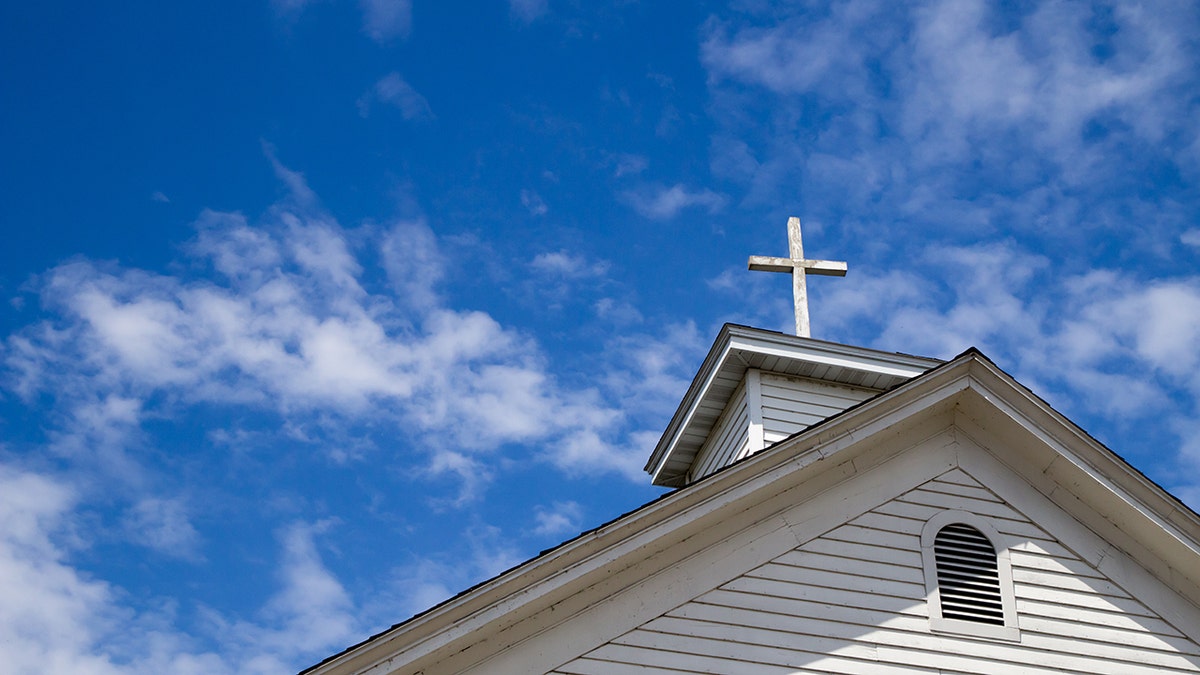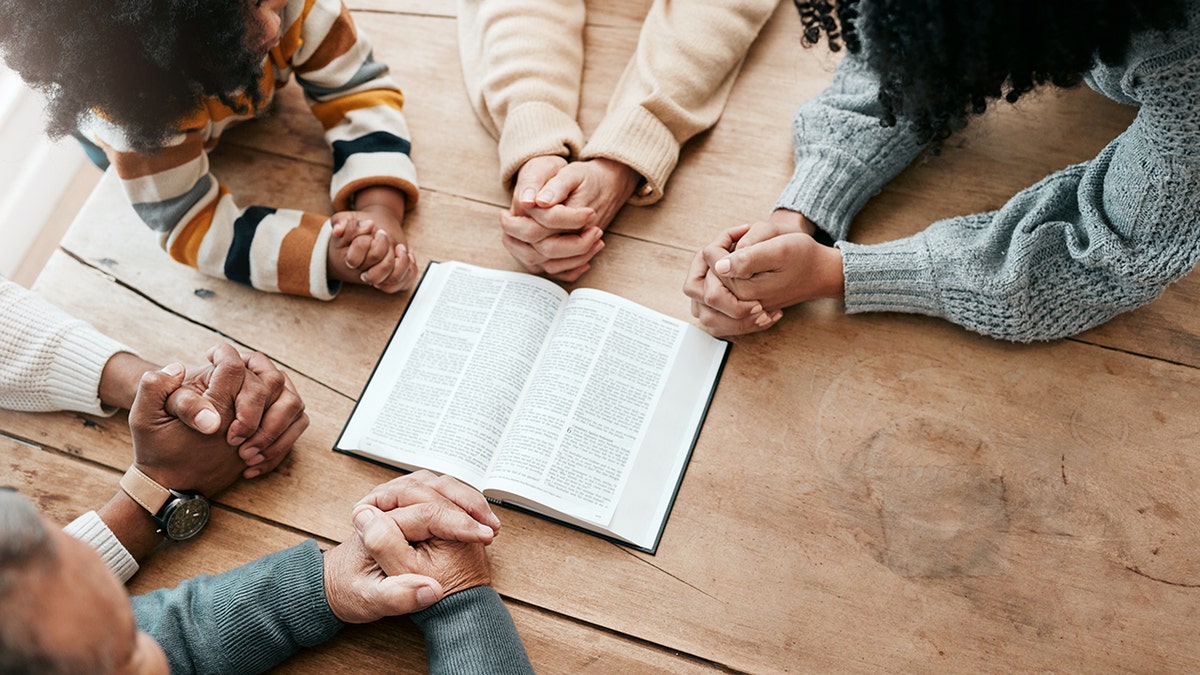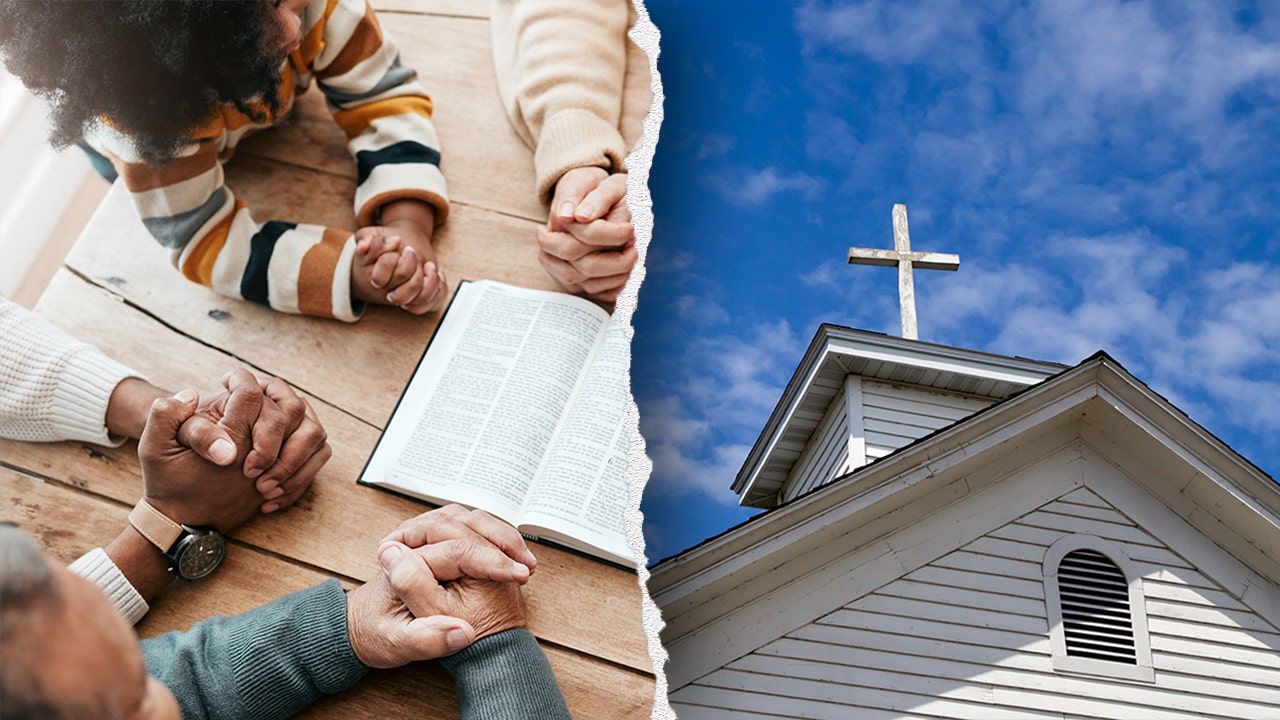As millions gather in churches around the country for Holy Week services, a quiet revolution is unfolding: More Americans are leaving the pews — not because they’ve lost faith, but to find it on their own terms.
A major new study shows that belief isn’t disappearing, but it is changing. A decadelong research project found that while fewer people are attending services or identifying with a religion, many are still praying, meditating, and holding onto their faith, just on their own terms.
The nationally representative and probability-based study, published in “Socius: Sociological Research for a Dynamic World,” tracked more than 1,300 teenagers from 2003 to 2013, following them into adulthood.
Researchers used survey data, interviews, and education records to understand how religious beliefs and practices evolved over time.
INSIDE DONALD TRUMP’S RELATIONSHIP WITH GOD, IN HIS OWN WORDS: ‘I WAS SAVED’
What they found points to a major shift: People are stepping away from religious institutions, not from spirituality.
Weekly church attendance dropped from 26% to 8%. The number of young people who said they didn’t attend services jumped from 17% to nearly 58%.
Religious affiliation — whether identifying as Christian, Catholic, or other — fell from almost 89% to 60%.
But belief in God didn’t fall as sharply. It dipped from 83% to 66%.
And while fewer people are praying every day, the decline wasn’t nearly as steep as church attendance, the study found. Meanwhile, the number of people practicing meditation or other spiritual routines nearly doubled.
BISHOP BARRON CRITICIZES ‘TIRED ARGUMENTS’ USED AGAINST CHRISTIANITY EVERY EASTER, OFFERS NEW SIGN OF HOPE

The researchers call this “individualization.” Instead of belonging to a church or following a religious group, more people are shaping their own spiritual paths — keeping what resonates, and leaving the rest behind.
One of the biggest reasons people left organized religion? Conflict with political values, especially around issues like same-sex marriage and traditional gender roles.
Many participants described walking away from churches they saw as judgmental or out of step with their beliefs.
One former Catholic said he stopped going to Mass after hearing sermons against same-sex marriage.
“I used to love coming to church,” he said. “I don’t anymore.”
Another participant said she believed in God, but “not in the way churches tell you to.”

The study also found political views made a difference.
Liberals were more likely than conservatives to leave religion, and support for same-sex marriage and abortion was linked to greater declines in church attendance and religious affiliation. But the trend wasn’t limited to one political group; attendance declined across the board just at different rates.
Rather than describing this as secularization or becoming less religious, the researchers argue this is a shift in how people practice faith.
Belief is moving away from formal institutions and toward more personal, often private expressions of spirituality. Many who left organized religion still pray, meditate, or say they believe in something greater.
Read the full article here

















